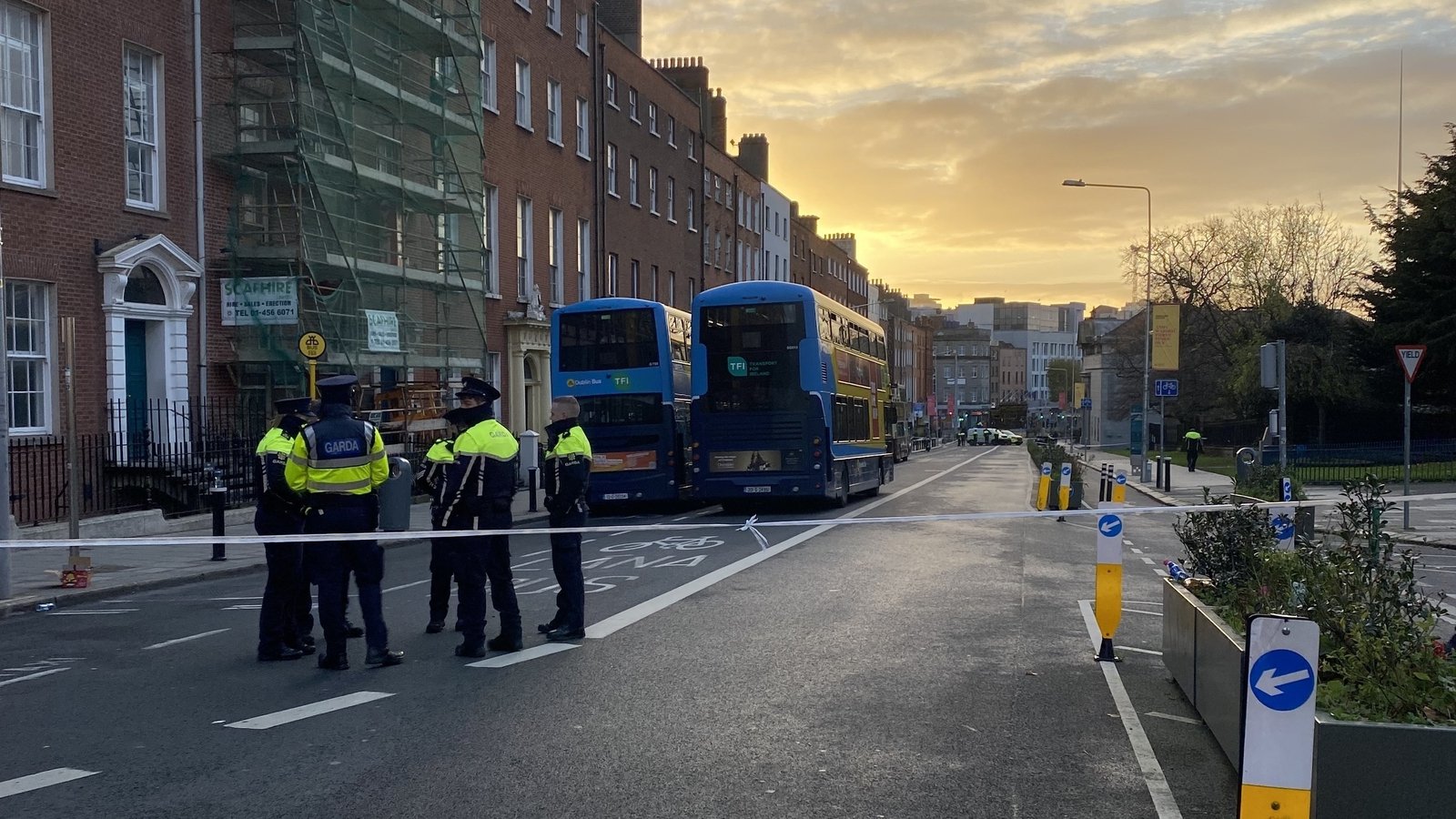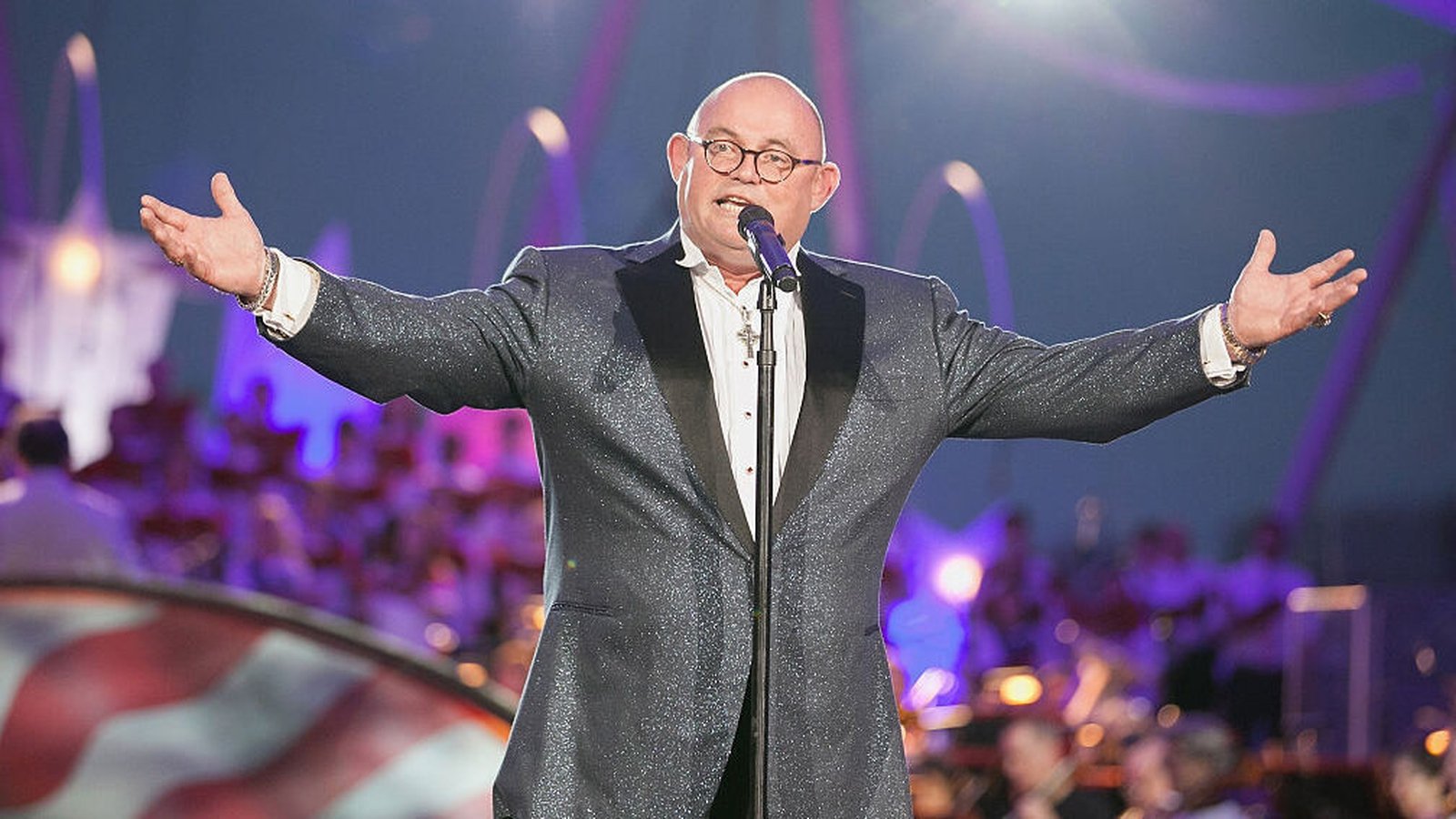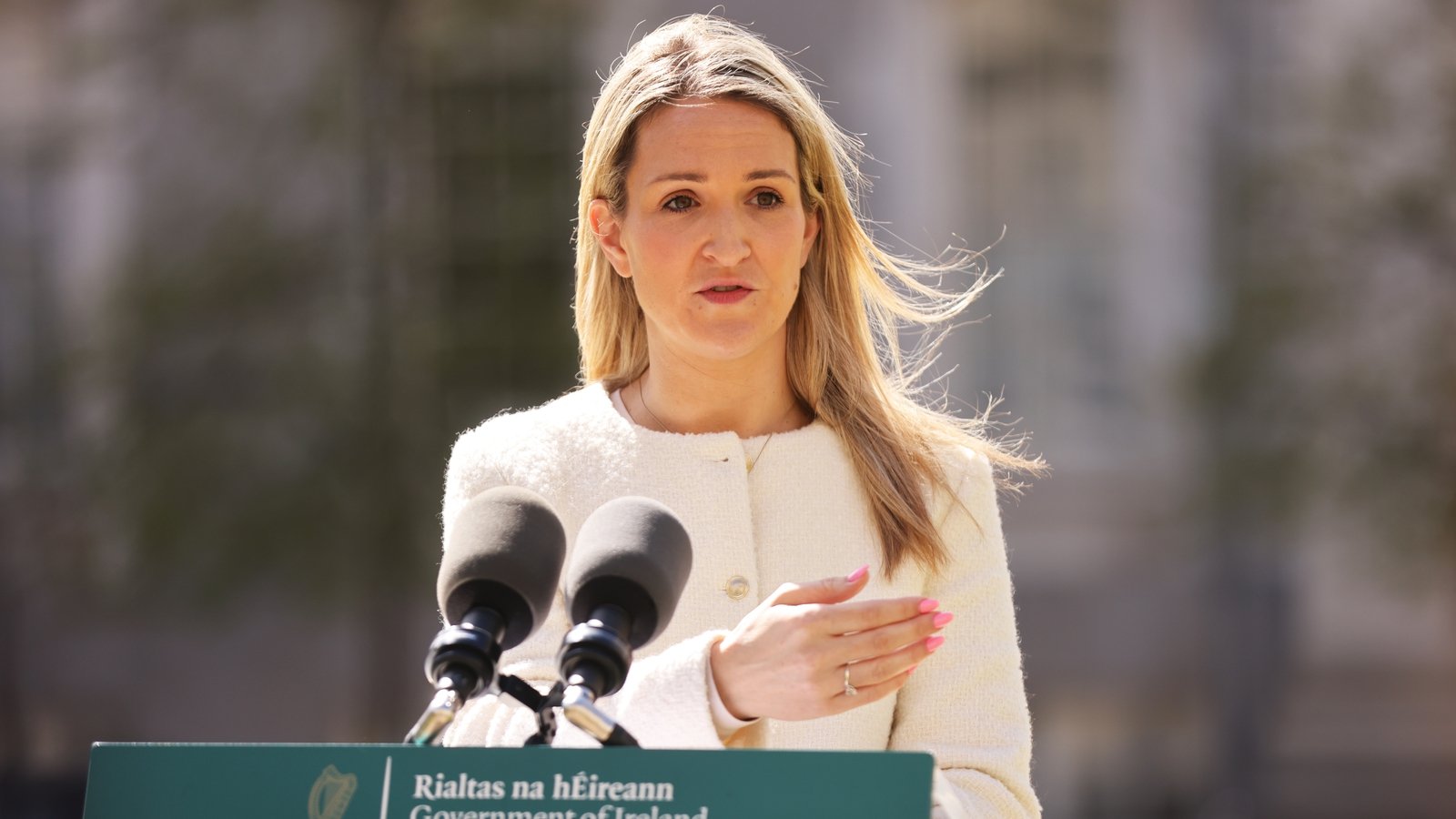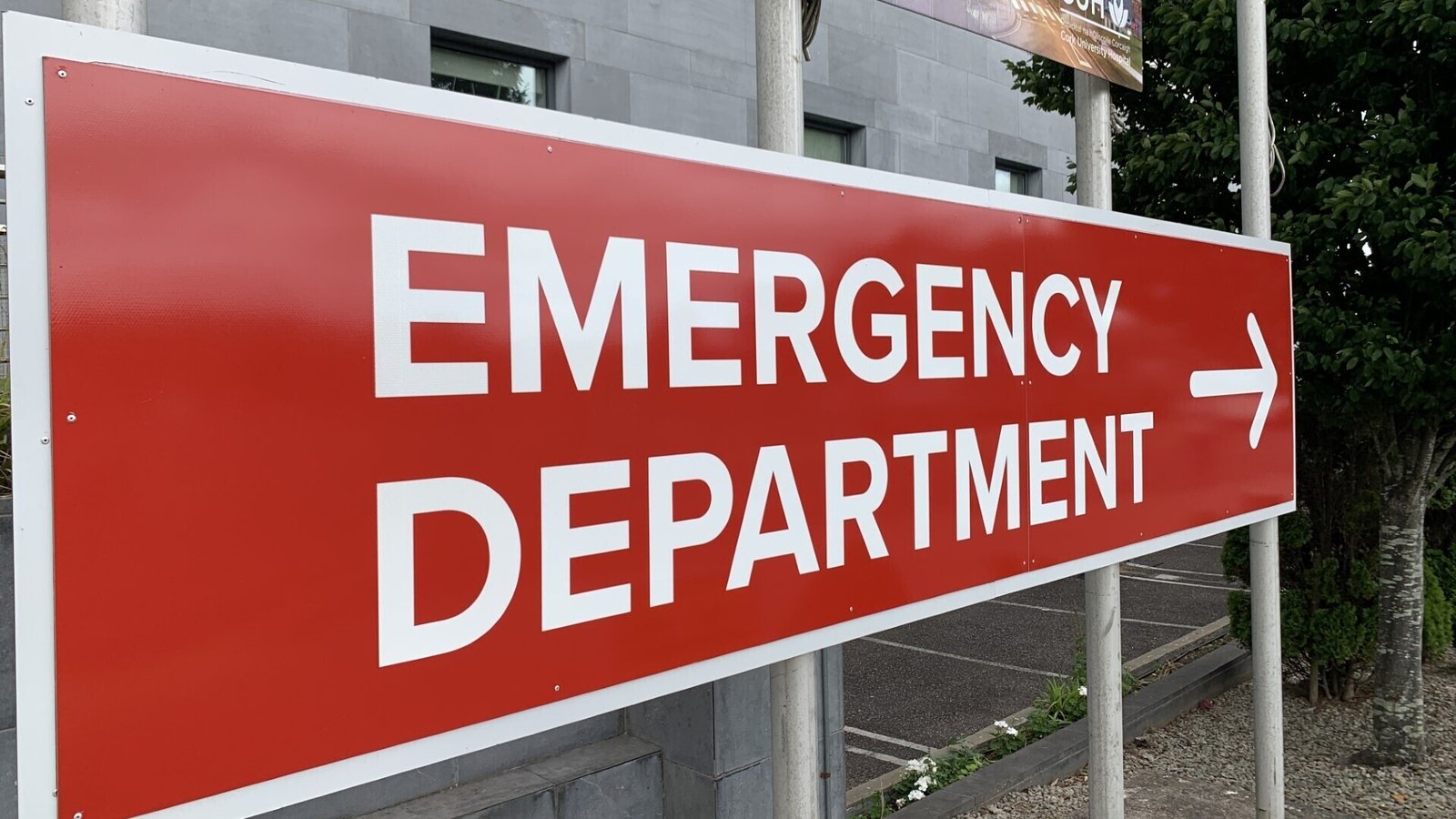Can Donaldson bring the DUP back into power-sharing?
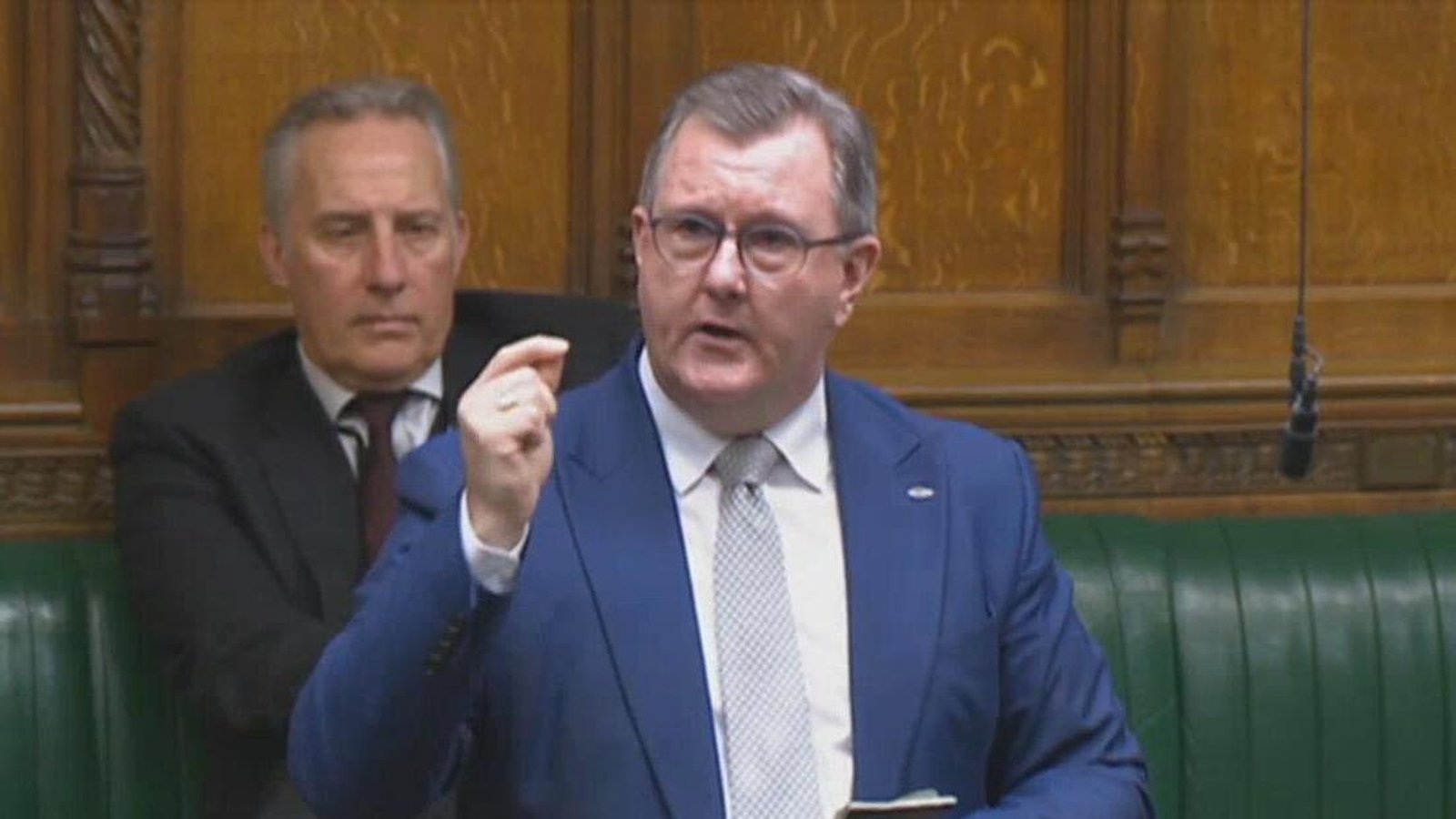
If Stormont is restored in the days ahead, people will look to 2.09pm on Wednesday 24 January as a turning point.
That was when DUP leader Jeffrey Donaldson took to his feet in the House of Commons and delivered a speech that surprised everyone.
It was not so much the content as the manner of delivery, full of passion, bordering on the emotional even.
It was not something the media associates with Mr Donaldson.
His public persona is of unruffled calm, moderate in language and, until last Wednesday, monotone in delivery.
However, in the Commons, he laid out a barnstormer, gesticulating, raising his voice, urging an acceptance of the validity of his party’s Stormont boycott.
It felt like he was finally prepared to face down his critics and seal a deal with the British government over post-Brexit trading arrangements in Northern Ireland that would restore power-sharing.
He referenced his service in the Ulster Defence Regiment, a locally recruited regiment of the British army deeply unpopular with nationalists, and revealed that he had been threatened by loyalists opposed to any compromise.
He said: “Because of the stirring up that is going on, I was threatened by those who have never put on a uniform and who have not served our country.
“I checked out one of the people who threatened me on the (electoral) register and they did not vote at the last election.
“They cannot come out to vote for our future in the Union, never mind doing anything about it, yet they are threatening me, and people like me, who are working day and night to try and find solutions and to move Northern Ireland forward on a basis that the vast majority of people can support.”
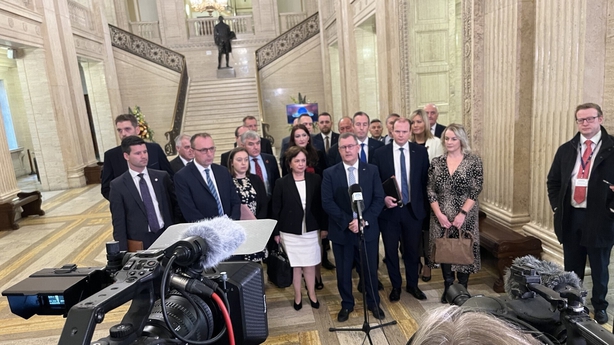
There was empathy for Mr Donaldson, but others pointed out that he had marched alongside some of those he now accused of doing the “stirring up”.
He had been a prominent figure at anti-protocol rallies. It also felt like his remarks were aimed as much at internal party critics as at rival unionists and loyalists.
As he spoke, his fellow DUP MPs sat alongside him, out of shot of the Commons cameras.
However, one, Ian Paisley, widely regarded as a critic of his leadership sat right behind him, just over his shoulder and in shot throughout.
The son of the party’s founder, Mr Paisley knows the camera angles well. It felt like deliberate positioning.
Mr Paisley is not the only influential DUP MP who takes a hardline approach to any deal that will deliver a return of power-sharing.
Other senior figures in the DUP present a stiffer challenge because they have a formal role in the party’s decision about whether to accept it.
Most prominent is former deputy leader Nigel Dodds. He sits in the House of Lords after losing his Commons seat to Sinn Féin at the last election.
He is one of 12 party officers who will have to sign off any deal. He also spoke at Westminster on Wednesday, in the Lords this time, hours after Mr Donaldson’s intervention in the Commons.
Both men were contributing to debates in the accelerated passage of legislation postponing a legal requirement on Northern Secretary Chris Heaton Harris to call a fresh assembly election.
That onus had been placed on him by the expiry, a week earlier, of the existing legal deadline.
The new legislation, now passed, pushes the deadline out to Thursday 8 February.
Mr Dodds told his fellow peers that the short extension was “clearly designed to put pressure on unionists”.
He interprets the move as an attempt to bounce his party into a decision.
“One has to question what is really going on,” he said.
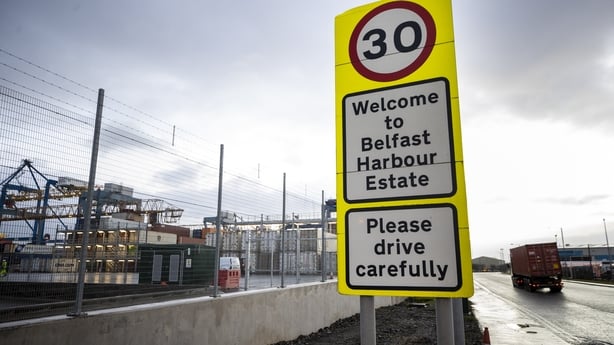
He cited a list of areas where Northern Ireland risked being treated differently due to its post-Brexit status.
UK immigration laws would not apply in the same way, he claimed, the same held for some animal welfare legislation and he had questions over whether aspects of a proposed UK trade agreement would apply to Northern Ireland and he warned about the future availability of some veterinary medicines.
All of these hinge on the continued application of 300 or so EU laws in Northern Ireland, a core part of the Windsor Framework.
DUP chairman Maurice Morrow sits in the Lords and is also a party officer.
He is counted amongst opponents of the deal. In the same Lords debate, he boiled his opposition to the Windsor Framework right down.
He said: “The Windsor Framework….creates an injustice that is very simple. In 300 areas of law it subjects the people of Northern Ireland to laws by a foreign parliament.”
For weeks we had been told a DUP decision on whether to accept a deal was coming.
Then at 7pm on Friday, an email dropped into the inboxes of 120 party members. They make up the DUP Executive, an oversight body within the party.
Standing orders had been changed to guillotine the advance notice required for an executive meeting.
There was an apology for the rush, but it was Monday for the meeting.
The party faithful were asked to keep the details tight, but within an hour the email had been bounced onto the media and a loyalist blogger who is a vocal opponent of any compromise.
It was a measure of how riven the DUP is over the issue and the risk for Jeffrey Donaldson in recommending the deal.
And while we do not have the detail, the shape of what might be on the table is starting to come into focus.
The Daily Telegraph speculated that it might include a commitment to screen future UK laws to ensure they do not create additional barriers around the Irish Sea border, though that would sit badly with the arch-Brexiteers within the Tory party.
The green lane for goods moving from Britain to Northern Ireland and remaining there might see further easements and could be renamed.
A new east-west body to deepen NI-GB links and encourage trade is another possibility.
The problem for the DUP is that on the face of it, it does not address their “seven tests” by which they have said they will assess the acceptability of any deal with the UK to restore Stormont.
One of the tests is that any new arrangements “must not constitute a border in the Irish Sea”.
It is hard to argue that they do not. After Wednesday’s emotional Westminster speech few now doubt Jeffrey Donaldson’s desire to return the DUP to power-sharing.
It is his ability to deliver his party that’s in question.

